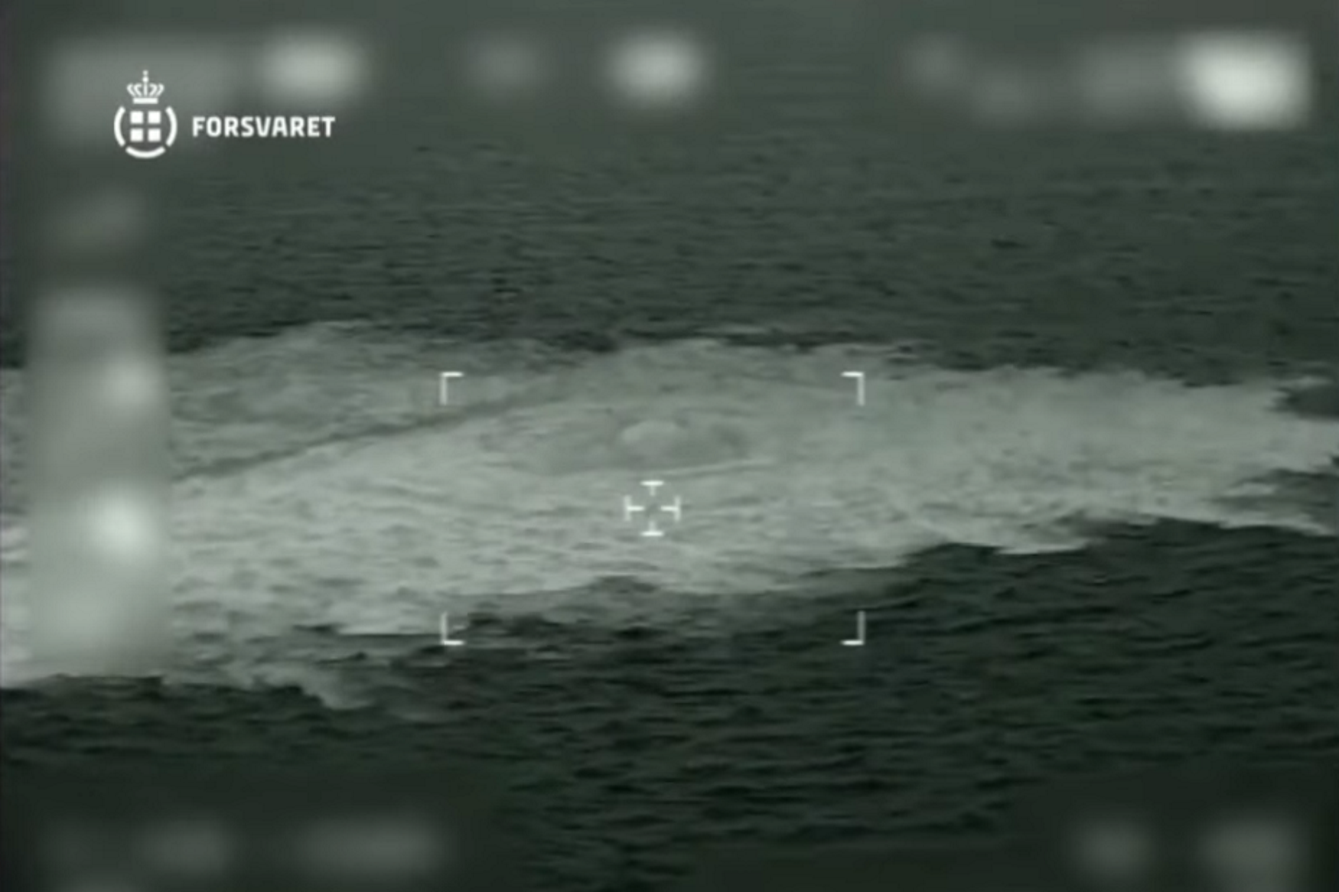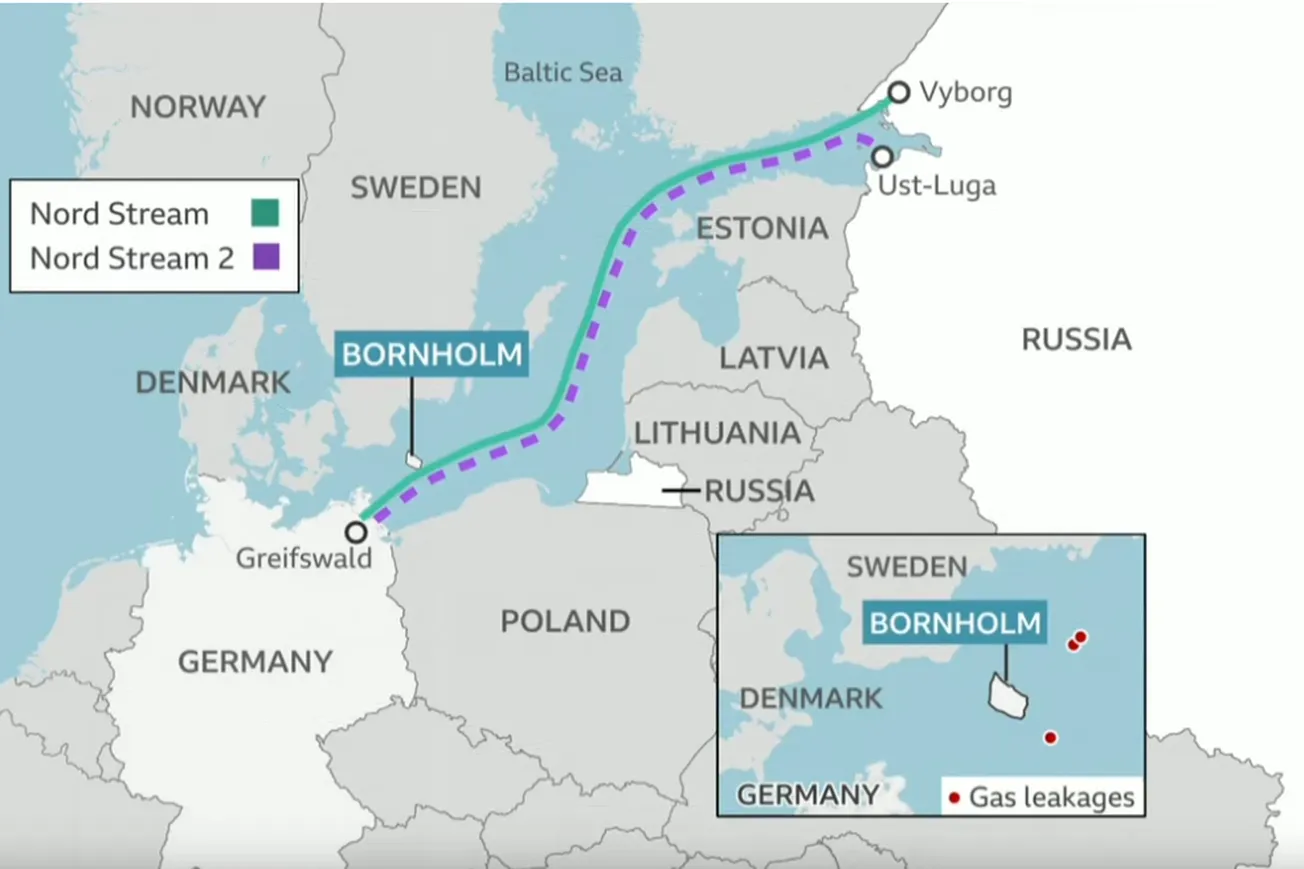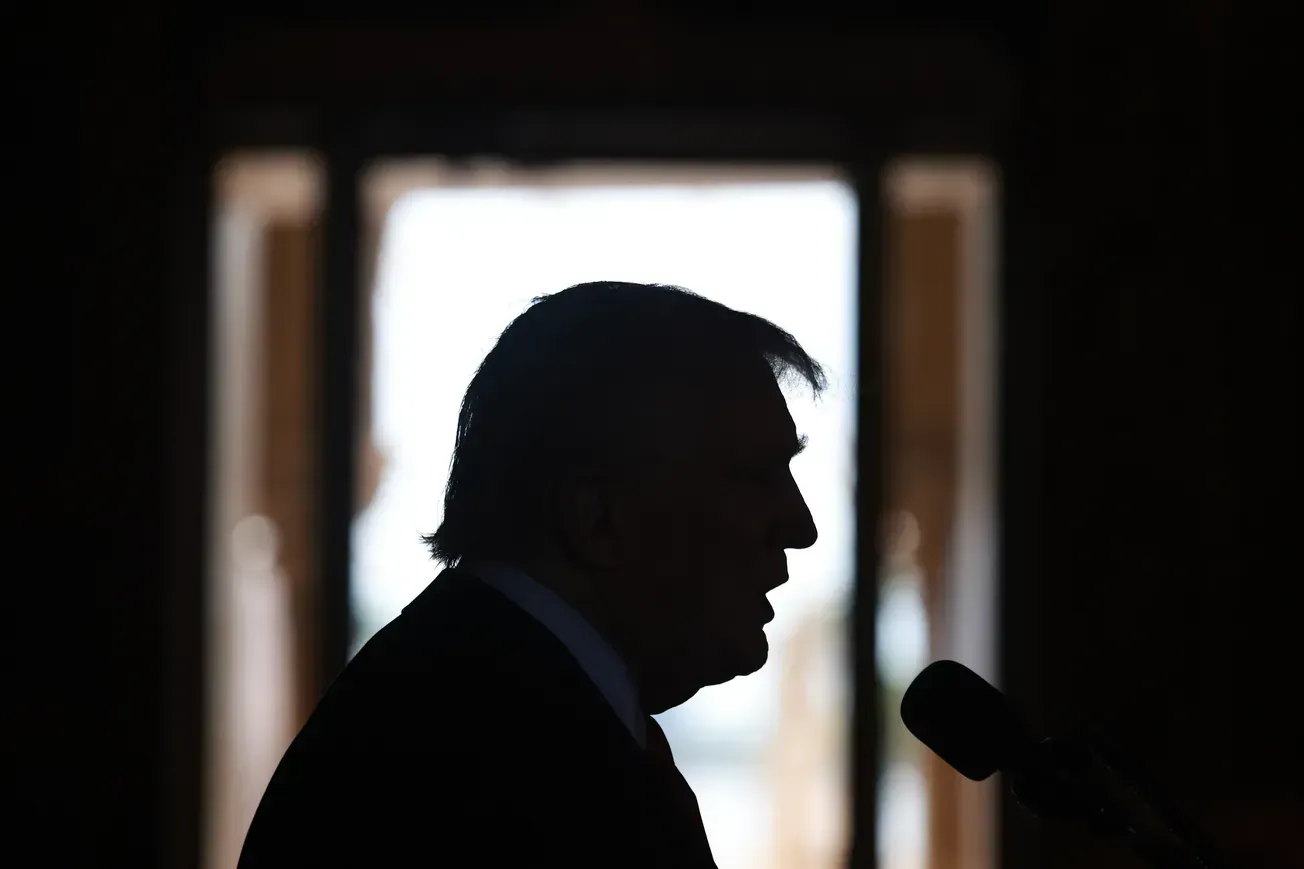By Micaela Burrow for Daily Caller News Foundation
- Spotty intelligence reports that pro-Ukraine partisans blew up the Nord Stream pipelines fails to meaningfully shed light on the how and at whose bidding the attacks occurred, experts said.
- While the U.S. and European allies considered Russia the prime suspect for the sabotage operation, new intelligence says a state government may not have been involved.
- “The operation might have been conducted off the books by a proxy force with connections to the Ukrainian government or its security services,” Bruce Klingner, senior research fellow at the Heritage Foundation, told The Daily Caller News Foundation.
U.S. and European intelligence leaks that pro-Ukraine partisans are behind the September 2022 Nord Stream gas pipeline explosions leave critical information in the dark, according to experts.
The U.S. and European allies initially suspected that Russia perpetrated a suspected sabotage operation on the Nord Stream pipeline, which restricted the flow of Russian oil, but refrained from formally pointing fingers as an investigation continued. Now, bits of intelligence from the U.S. and European sources have filtered out suggesting that pro-Ukraine — or at least anti-Russia — saboteurs orchestrated the attacks, further muddling attempts to work backwards in time and discern how, and at whose bidding, the attacks took place, experts said.
“I always assessed. It was most likely Russia but again we haven’t really drilled down to know for sure,” Dan Hoffman, a former CIA operations officer and station chief, told the Daily Caller News Foundation.
U.S. officials said new intelligence demonstrates that pro-Ukraine partisans could be behind the attack, falling in line with some countries’ suspicions that a hypothetical Ukrainian attempt to damage Russia’s ability to export oil to the West made more sense than if Russia sought that goal, The New York Times first reported Tuesday.
Some evidence suggests experienced divers with military-level training planted explosives at the eventual leak sites, they said, according to the NYT.
However, the officials added they did not see evidence of direct involvement in or knowledge of the operation from Kyiv, according to the NYT. They suggested gaps in knowledge that include the perpetrator or perpetrators and who orchestrated it, although those behind the attack did not appear to be working for a state intelligence or military agency.
Ukraine has denied involvement.
“This is hardly more enlightening than what we already knew. But I do wonder if this milquetoast leak portends more damaging information for Ukraine or some US ally coming in the future,” Emma Ashford, a senior fellow at the Stimson Center, said in a social media post.
“Whether or not the IC has good information here, the public is likely to believe that ‘no comment’ means ‘we prefer not to say,'” she added, using a common abbreviation for the U.S. intelligence community.
The officials also declined to explain the source of the evidence or the degree of confidence the intelligence community held regarding the assessments, adding that analysts have not reached any firm conclusion, according to the NYT.
Lack of specificity in the reports “leaves open the possibility that the operation might have been conducted off the books by a proxy force with connections to the Ukrainian government or its security services,” Bruce Klingner, senior research fellow at the Heritage Foundation and former analyst at the CIA and Defense Intelligence Agency, told the DCNF
Hoffman told the DCNF he couldn’t immediately assess the report’s reliability.
“My understanding is that we don’t find this conclusive,” a senior Biden administration official said, The Washington Post later reported.
The governments involved in the Nord Stream investigation discovered “signals” that pro-Ukraine individuals or entities had discussed a possible sabotage operation on the pipelines, senior Western government officials said, according to the Post. However, evidence pointing to the Kremlin as responsible has not been ruled out.
Screenshot of an email on German TV from a prosecutor. Note the underscoring of "German company that rented out the ship" and that the boat allegedly had explosive devices on it.
— Aric Toler (@AricToler) March 8, 2023
(Thanks to "Miles" from our Discord for the screenshot & translation!) pic.twitter.com/1NnxfIzHbr
While officials told the Post evidence of the pro-Ukrainian group surfaces as the investigation sparked after the explosions commenced, the Sunday Times reported Wednesday that intelligence services from an unnamed Scandinavian country briefed embassy personnel that a Ukraine-based private entity sponsored the attack. The Times did not cite any sources.
Then, federal prosecutors in Germany revealed it searched a ship suspected of ferrying explosives to the attack sites between Jan. 18 and 20 and found “traces” of fissile material, according to AFP. Previous German media reports from Tuesday said a group of six bearing falsified passports used a yacht rented out of a Poland-based company, sailing from the German port of Rostock on Sept. 6 to Christianso, a Danish island.
The explosions occurred on Sept. 26.
Danish authorities discovered a leak in the Nord Stream 2 pipeline in the Baltic Sea carrying gas from Russia to Germany. Later on the net day, Swedish maritime officials warned of two leaks on the parallel Nord Stream 1, sparking suspicions of sabotage among many European governments that may have been fueled by the earlier warnings from the CIA of possible attacks on the twin Nord Stream pipelines weeks prior, according to reporting from Reuters and Der Spiegel.
Original article link
You may also like:











